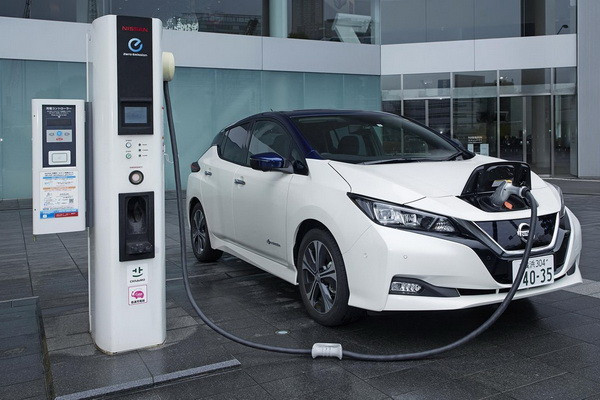
BCG: Buyers Prefer Electric Vehicles and Chinese Brands
BCG: Buyers Prefer Electric Vehicles and Chinese Brands
Tashkent, Uzbekistan (UzDaily.com) — The automotive market is undergoing significant changes as more buyers choose electric vehicles, show interest in Chinese brands, and prefer digital purchasing methods. This is highlighted in a new study by Boston Consulting Group (BCG), “What Car Buyers Want: A Guide for Automakers,” prepared in collaboration with NielsenIQ-GfK.
According to the report, automakers can attract the next generation of customers if they overcome the lack of trust in electric vehicles and build new brand loyalty through digital and innovative solutions tailored to the expectations of younger consumers.
The research indicates that Chinese automakers are strengthening their position in the global market. In Brazil, 36% of consumers and 10–20% of Europeans are willing to consider buying a Chinese car. At the same time, brand loyalty is declining: about two-thirds of European buyers are open to switching brands.
Among electric vehicle owners, 71% stated they would choose an electric car again for their next purchase. Autonomous features are attracting drivers’ attention: 79% of those using them find them useful, though most are not yet ready for fully driverless vehicles. More than 40% of buyers under 45 are willing to purchase a car entirely online without seeing it in person.
Albert Vaas, head of BCG’s automotive and mobility practice in the EMEA region, emphasized that automakers need not just to respond to the market but to shape it by focusing on customer needs, localizing products, and investing in software and technology.
The report notes that Chinese brands bring competitiveness as well as vehicles. Low prices and advanced technology in the electric vehicle segment make them attractive: 36% of respondents in Brazil are open to buying a Chinese car, 10–20% in Europe, and about 85% of consumers in China are interested in local brands. The United States remains an exception, with only 7% of drivers considering a Chinese car.
BCG also highlights a decline in brand loyalty. In Europe, 63% of buyers are ready to switch manufacturers at their next purchase, with 34% seeking better value for money and 32% wanting to try something new. Germany is an exception, where about half of respondents indicated they would stick with their current brand.
Interest in electric vehicles is growing, but resistance remains: 24% of Europeans and 28% of Americans stated they would not switch to electric cars, primarily among older age groups. Many consumers overestimate the complexity of charging and the time required to operate an electric vehicle, creating opportunities for manufacturers to build trust and accelerate the transition to electric transport.
Autonomous features are becoming popular, but consumer opinions remain polarized. In China, 61% of drivers are willing to use fully autonomous taxis, compared to 34% in the U.S. and 29% in Europe.
Digitalization is also transforming the purchasing process. Dealerships remain important, but 44% of buyers aged 18–30 are ready to purchase a vehicle without seeing it in person. Remote software updates and mobile app integration are becoming essential features and a standard expectation.
Felix Stellmazeck, global head of BCG’s automotive and mobility practice, noted that the next five years will require automakers to rethink production and sales strategies. The key to success lies in transparency, product value, and a seamless digital experience for customers.